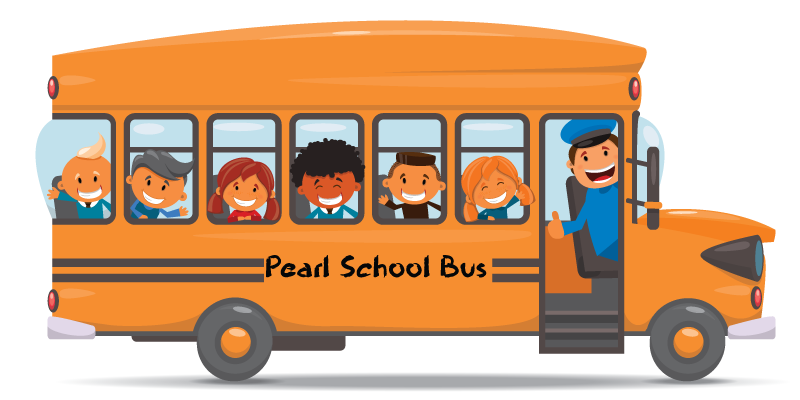
What is Pearl?
Pearl Special Needs Foundation is a learning centre for children and young people with varied challenged and Special Educational Needs (SEN). Our sole purpose is to provide consistent support to the differently abled population. We at Pearl strive to promote equal access and opportunity for individuals who are differently abled support them in all promotes equal access and opportunity for individuals who are differently abled and supports them in all aspects of life by enhancing their personal, social, emotional, academic, and career oriented development.
Pearl Mission
Disability defined as per UN,
‘Any restriction or lack (resulting from an impairment) of ability to perform an activity in the manner or within the range considered normal for a human being.’
Special education is a branch of education, which studies about the individuals who have problems or special talents in thinking, seeing, hearing, speaking and socializing. In other words it is the study of the individuals who are different from average persons. These group of differently able bodies fall under the category of children with special needs.
Special education provides education to the students who have not benefited-or sometimes will not benefit-fully from regular classroom experience. The scope of special education is very wide as it provides several types of services and training programs from early intervention to vocational placement. It may also include school-based and home-based programs for children according to their special needs. The core of this education is to give special education students the opportunity to gain appropriate socialization skills and access to the same education as regular students while still allowing them access to resource rooms and special education classrooms.
In connection to the Indian governments’ Persons with Disabilities Act,[PWD]1995,Integrated Education for the Disabled Children[IEDC] 1992, and Sarva Sikshan Abhiyan, our aim is to ensure that the Ahmedabad children and young disabled/special needs people have the chance to fulfill their potential by reducing levels of educational failure. It is an initiative to support the disabled school going people in achieving their full potential.
The Pearl foundation endeavours to provide the Ahmedabad disabled population with:-
We want to put children at the heart of our policies, and to organize services around their needs. We aim to bring a radical change in the existing education system and to break down the organizational boundaries. Pearl Special Needs Foundation plans to make the society a better place for the deprived and underprivileged young population of the city.
Pearl Objectives
Through the Special Needs Project initiative, the base is to provide fair and equal opportunities to special needs children. To implement the mission the foundation is geared to:
Individuals Supported at Pearl
The centre will provide service to the stated special needs category as mentioned under Individual with Disability Education Act [I.D.E.A]: